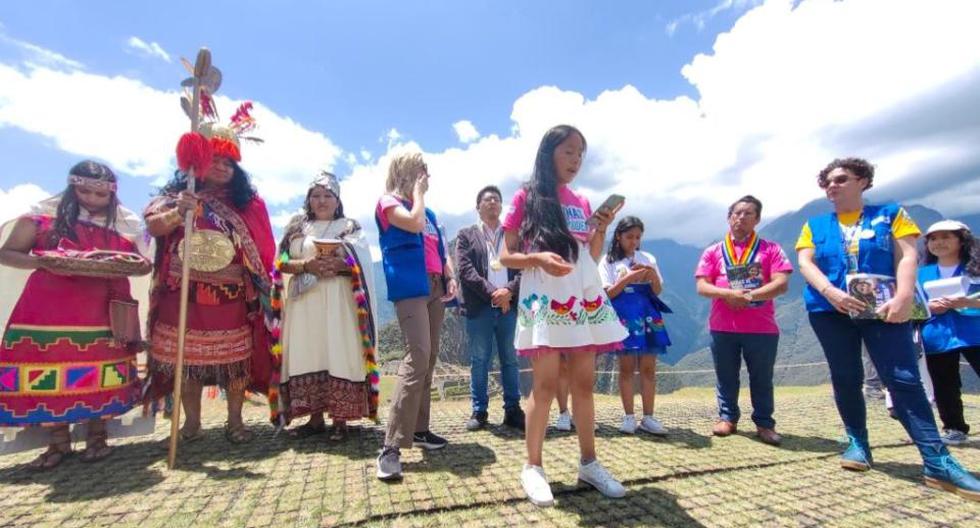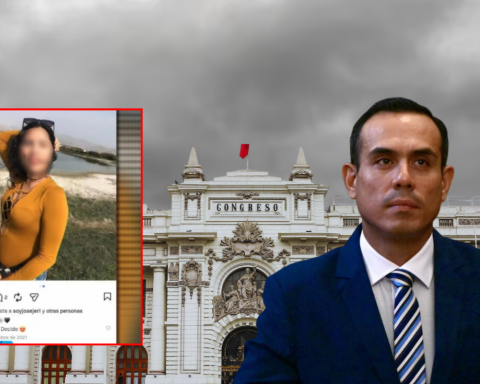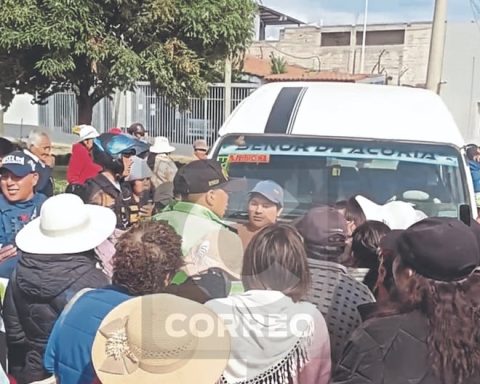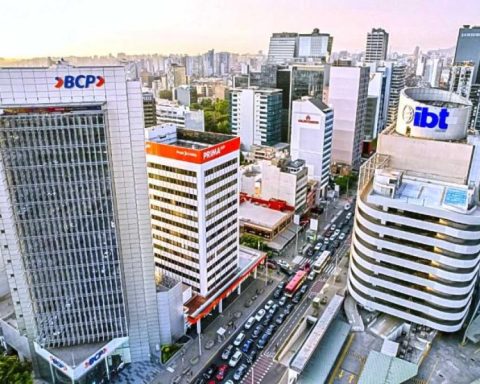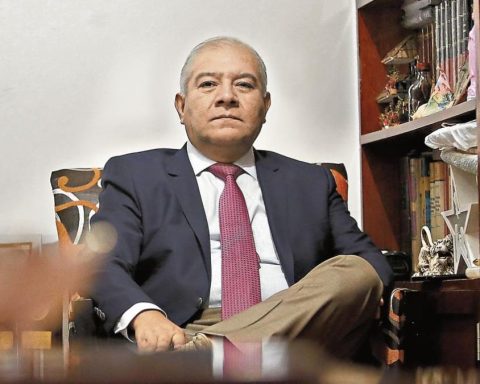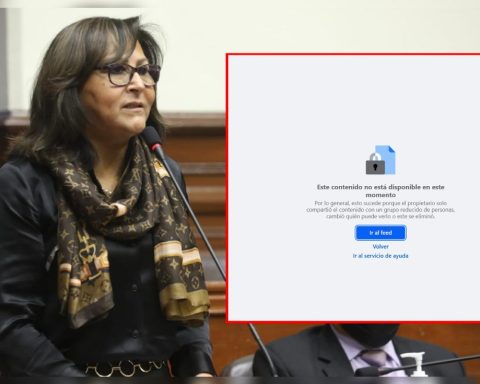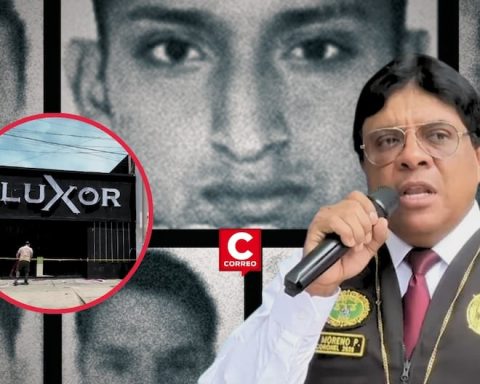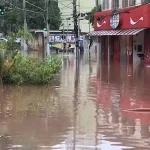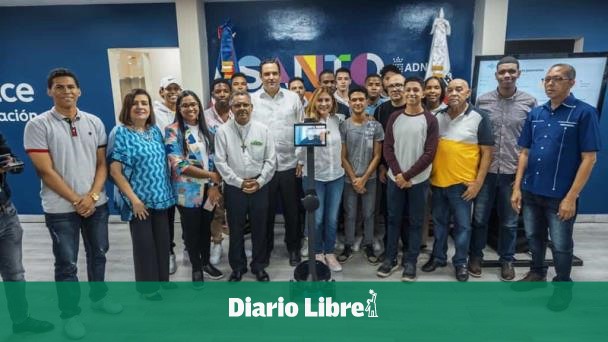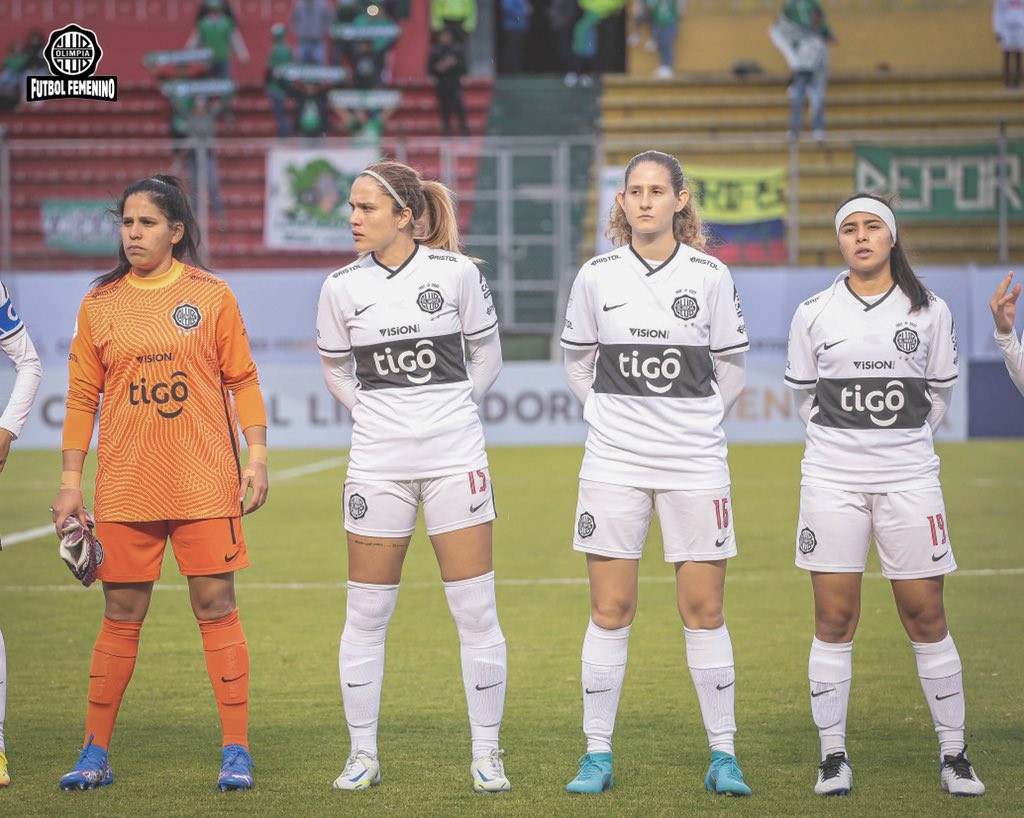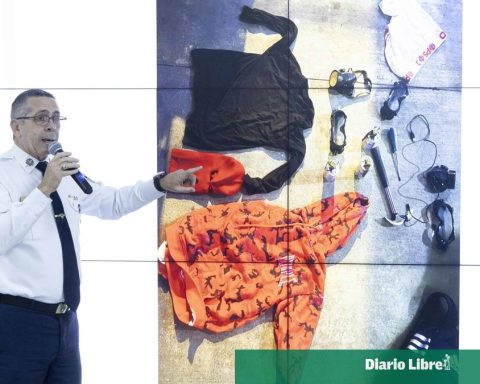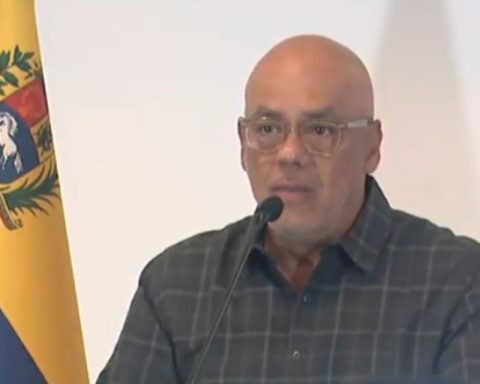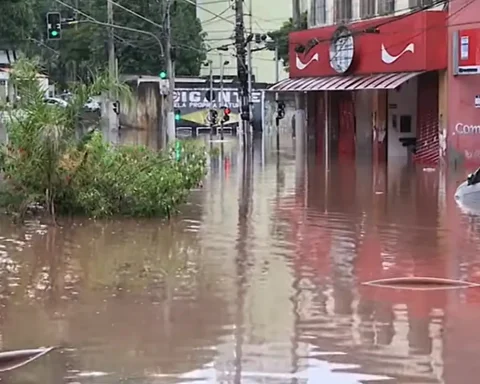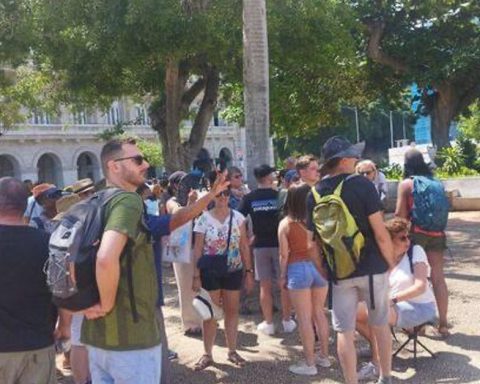As every year, this October 11th the International Day of the Girl was commemorated. Veronique Henry, director of Plan International in Peru, highlights to CORREO the work carried out by this NGO that promoted the establishment of this date to raise awareness about the situation of girls and adolescents in the world.
WATCH THIS: For a school day she was mayor of the province of Huancayo
Within this framework, and ten years after the General Assembly of the United Nations proclaimed the aforementioned date, the organization persists in carrying out research and projects that facilitate the creation of spaces for political participation for women.
“66% of adolescent girls and young women who have been surveyed in the country consider that political leaders do not know or understand their opinions,” Henry tells this newspaper. The specialist in International Cooperation and Human Rights also highlighted the analysis that the institution developed in 29 countries; the same one that threw a perspective of what should be changed and improved in relation to Latin American girls and young women.
WATCH THIS: “Niñas al poder”, the photographic exhibition promotes the empowerment of minors in Peru
How significant is it that there is the International Day of the Girl?
It is important to have a specific day because in the world there are very important gaps in relation to access to the right of girls. If we compare it with that of children, it is not at all the same to be born a girl than to be born a boy in the world. (…) Although there has been progress in recent decades in relation to access to primary education, access to secondary education and more higher education is still very unequal and, before that, there is an issue of violence in many countries of the world and the Peru.
Do you think that in recent years there are more girls taking actions to ‘feel for themselves’?
Yes, they are wanting to take this step. In Peru there is space for political participation for girls, adolescents and young people, work is still being done from different sectors such as Minedu, which promotes the generation of school municipalities and the national participation network, the Ministry of Justice, which has the mechanism of school judges, the MIMP, which promotes the creation and installation of Advisory Councils for Boys, Girls and Adolescents (CONAS), among others. There is progress, however, we must continue promoting, informing, working with girls and adolescents in communities and youth organizations.
In this sense, every October 11 in all the countries where Plan International is present, this International Day of the Girl is being commemorated and many events are being organized. In the power grab campaign, for one day a girl or adolescent takes the place of a high-ranking public, political, or business official, it could even be that of a media outlet.
How committed are girls and young women in this campaign?
They live it in their own daily life, much more than any high-ranking official, the reality of their community, of their region, and they know how to change it. They are transformative processes and we have these adolescents in all the countries of the world. They were organizing and participating in many very important events and that is what we want on the International Day of the Girl.
What change has the internet brought to these young women?
I think the pandemic has changed a lot of things for everyone. It has somehow forced us to use technology much more and to work digitally, that has been the positive side that the COVID-19 tragedy has generated for us. Girls and adolescents are using it much more, after the pandemic they have learned to handle themselves much more.
It is excellent because they have access to all the information that they can be connected, form their groups, do online activism, etc. But there is also the other part of the coin, the danger of networks.
The study indicates that, in the country, 39% of those surveyed consider that it is easier for them to participate in politics compared to their previous generations.
We must continue to increase it (figure). For example, now in the elections, in the regional governments there has been no candidate. Women’s participation has been quite limited.
Also, when they are in office it is more difficult for them because the truth is that we are much more vulnerable. Things like ‘we are not capable’ and the stereotypes that exist in society will always come up.
